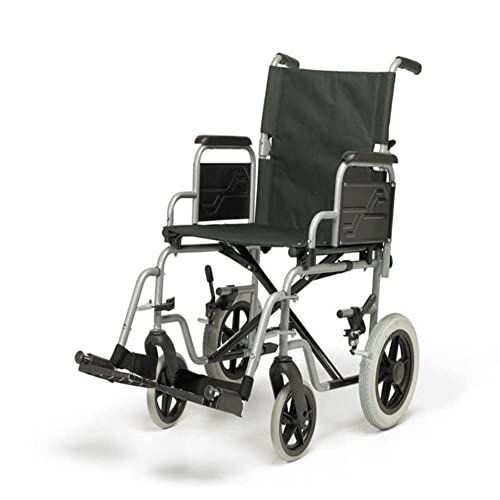Mobility Scooters: A Comprehensive Guide
Mobility scooters have ended up being an essential mode of transport for lots of people facing mobility challenges. This post checks out the different facets of mobility scooters, including their types, benefits, features, and a guide for potential buyers.
Comprehending Mobility Scooters
Mobility scooters are electrically powered gadgets designed for individuals with restricted mobility. They supply a method of transportation for people who might have problem strolling but still want to maintain their independence. They can be found in various designs and features to accommodate a vast array of needs.
Kinds Of Mobility Scooters
Mobility scooters can usually be classified into 3 primary types:
| Type | Description | Best For |
|---|---|---|
| Compact Scooters | These are small and lightweight, ideal for indoors and short journeys. | Users with limited storage space or those who take a trip typically. |
| Mid-size Scooters | A balance between mobility and stability, ideal for both indoor and outside usage. | Those who need to cover a range of terrains. |
| Durable Scooters | Large and robust, developed for rugged outdoor usage and heavier individuals. | Users needing extra weight capacity or going off-road. |
Secret Features of Mobility Scooters
The choice of mobility scooter frequently depends on the functions that line up with specific needs. Here are a few of the key functions to think about:
- Weight Capacity: Mobility scooters include different weight limits. It is essential to choose a scooter that can properly support the user's weight.
- Variety: The distance a scooter can take a trip on a single charge differs. Depending on user requirements, one might select scooters with a variety of as much as 40 miles.
- Speed: Most mobility scooters can reach speeds in between 4 to 8 mph. Consider what speed is comfortable and safe for the desired environment.
- Turning Radius: A compact turning radius is important for indoor usage, enabling easier navigation in tight spaces.
- Battery Type: The kind of batteries used can impact the scooter's efficiency. Lead-acid and lithium-ion batteries are the most common.
Advantages of Using Mobility Scooters
The benefits of mobility scooters extend beyond just transportation. Some key benefits include:
- Independence: Users can browse their environment without depending on caretakers, promoting self-reliance and self-confidence.
- Health Benefits: Using a scooter can motivate outdoor activity, causing physical and mental health improvements by minimizing feelings of seclusion.
- Convenience: Scooters can quickly be operated in different environments, whether inside your home, in shopping center, or outdoors.
Important Considerations When Buying a Mobility Scooter
When buying a mobility scooter, a number of factors to consider can help make sure that you pick the right design:
Assess Individual Needs:
- Mobility level: Consider just how much help the individual will need.
- Range of use: Determine where the scooter will mostly be used (indoors, outdoors, on rough surfaces, etc).
Test Drive:
- Always test drive numerous models to discover an appropriate fit. Take note of comfort, ease of steering, and the scooter's responsiveness.
Review Safety Features:
- Look for scooters with adequate safety features like lights, indicators, and anti-tip styles.
Inspect Warranty and Service Options:
- A reliable guarantee and offered service options are vital for long-term usage.
FAQs about Mobility Scooters
1. How fast do mobility scooters go?Mobility scooters normally have speeds varying from 4 to 8 miles per hour, with most designed for security rather than high-speed travel. 2. Are there weight restrictions on mobility scooters?Yes, mobility
scooters come with particular weight limitations, typically ranging from
250 lbs to over 500 lbs, depending upon the design. 3. Can mobility scooters be used indoors?Certain designs, especially compact scooters, are specifically designed for
indoor use and are simpler to steer in tight areas. 4. How frequently do the batteries need to be replaced?Battery life can vary based upon use, however typically, with appropriate care, batteries might last between 1 to 3 years before needing replacement
. 5. Are mobility scooters covered by insurance?Coverage can vary, but some insurance plans, consisting of Medicare and Medicaid, might cover part of the cost. It's advised to consult specific insurance companies. Mobility scooters serve as a
valuable tool for lots of individuals, allowing them to maintain
their flexibility and self-reliance. By comprehending the various types and functions of mobility scooter s, people can make informed decisions customized to their specific needs.
Whether utilized for errands, interacting socially, or leisurely activities, mobility scooters can boost the lifestyle for those with mobility constraints. Purchasing a mobility scooter is a choice that can substantially impact an individual's day-to-day life. Therefore, individuals should carefully assess their alternatives and pick a model that best aligns with their way of life and mobility requirements
.

